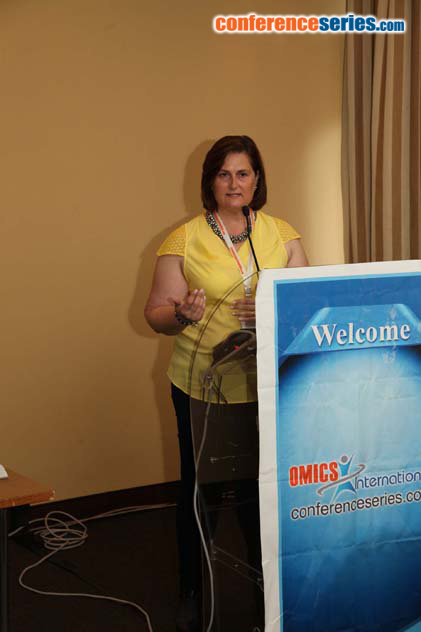Maria do Rosario Pinto
Higher School of Health, Portugal
Title: Effectiveness of a therapeutic educational program for type-2 diabetic patients on eating habits and metabolic control
Biography
Biography: Maria do Rosario Pinto
Abstract
Statement of the Problem: Prevalence of diabetes is increasing worldwide with a known strong relation to obesity and eating habits. In face of this situation, for diagnosed people metabolic control is a major objective. Lifestyle approaches with a highlight on eating and exercise habits have proven to be an effective contribute to achieve this goal. In Portugal, reality where this study was conducted, 90% of the population with diabetes is overweight (49.2%) or has obesity (39.6%), (PREVADIAB 1). With this, comes an urgent need to identify effective interventions to reduce this burden. With this study we intend to analyze the impact of a lifestyle centered intervention on metabolic control and self-care activities of poorly controlled type-2 diabetic patients.
Methodology & Theoretical Orientation: To assess the effectiveness of the 24 weeks Program, a controlled before and after experimental study was conducted. Measures were taken before and after intervention program, including glycosylated hemoglobin (HbA1c), body mass index (BMI) and self-care activities (SCA) through the application of summary of diabetes self-care activities scale.
Findings: The comparison between pre and post-test in Control Group (CG), which received usual care and Experimental Group (EG) showed that only in EG was a statistically significant decrease in HbA1c and BMI. Adherence to SCA is higher in EG, having an estimated increase in 40% more than CG (ηp2=0.40). Expected behaviors concerning eating habits, increased a mean of 2 days/week and physical activity 1 day/week in EG while in CG changes were lower (+0.6 days/week and +0.28 days/week, respectively).
Conclusion & Significance: The educational program designed was effective for people with type-2 diabetes with higher metabolic control and more frequent self-care behaviors for EG. With distinct effect sizes, EG participants reduced significantly HbA1c and BMI, while increased expected behaviors related to eating habits.


